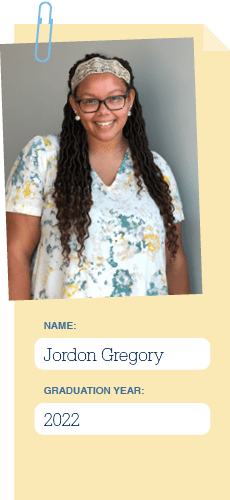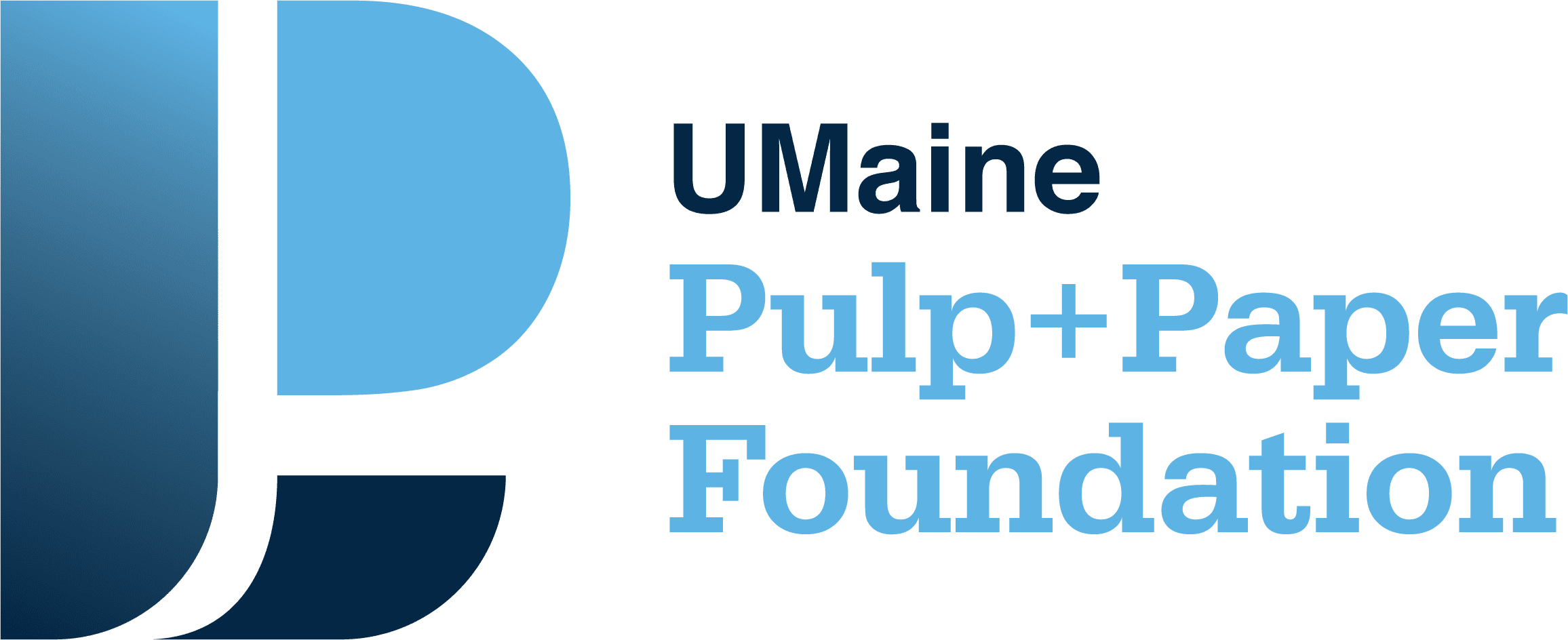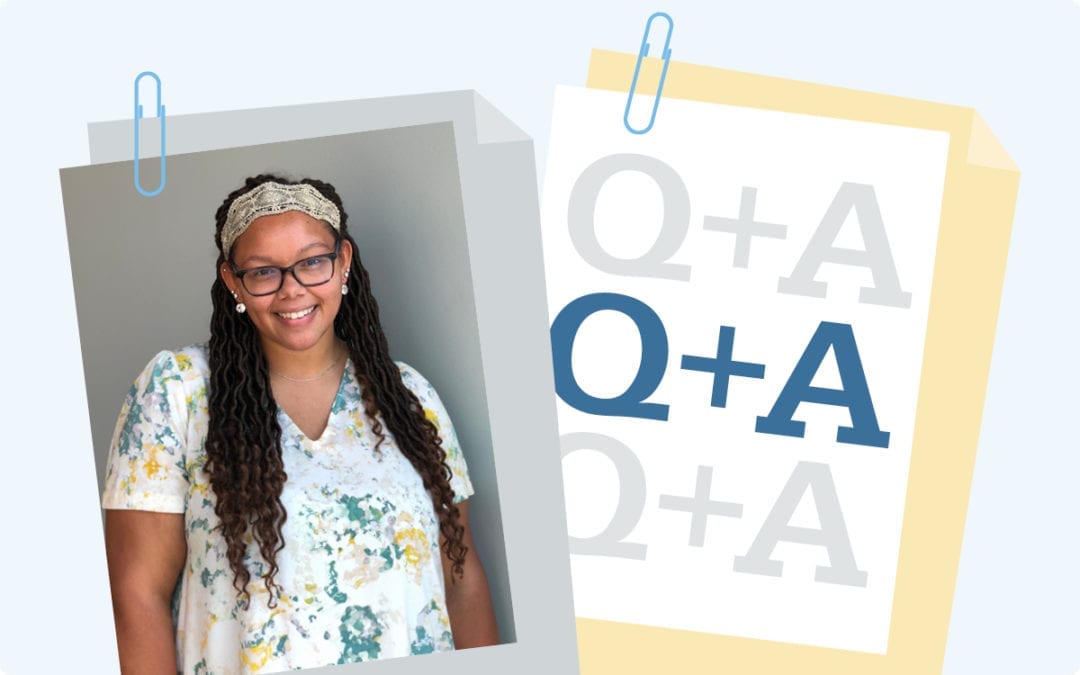
Q: How did you discover the University of Maine Pulp and Paper Foundation and what attracted you to it?
A: I discovered UMPPF through my high school guidance counselor. I knew that I wanted to do some sort of engineering after high school but was not sure what type. She suggested that I apply to the Consider Engineering program that is offered for high school juniors. I was attracted to the Foundation first because of the financial assistance that they provide (I am the third member of my family to go to college). Once I realized how much they impact students outside of scholarships, I knew that it was more than just a foundation handing out money, but a foundation dedicated to helping build the next generation of engineers.
Q: How did you know the program was the right fit for you?
A: I knew that I would like the program when I went to Considering Engineering and participated in all of the hands-on activities. I have always been a problem solver and enjoyed finding new and innovative solutions, and that is exactly what engineering is.
Also being able to talk with students that were in the program at the time gave me an insight to what the engineering program and being a Pulp and Paper scholarship recipient was actually like. I 100% knew that the program was right for me when I started taking classes and was able to work with my fellow classmate to solve real life engineering problems.
Q: What was top of mind when considering the program?
A: I knew that the University of Maine’s engineering program has a great reputation for providing students with real life experiences. The program offers chances to help professors with research, internship opportunities, hands on classes and chances to work in the Pulp and Paper Pilot Plant. I knew that with UMaine’s 200+ clubs and organizations, I would find a place where I fit in and would be able to continue doing the things that I enjoy. Among some of the clubs that I am in now are the Technical Association of Pulp and Paper Industry (TAPPI) as well as the American Institute of Chemical Engineers (AIChE). Both of these clubs are student-led and provide even more opportunities to meet industry members at different conferences and to tour the pulp and paper mills around the country.
Q: Tell us about your experience at the Consider Engineering summer program.
A: It was a great experience in learning real world applications of the different types of engineering. It is always difficult trying to look up what a certain occupation actually does and what the day to day would be like. This is exactly what I was able to learn while at Consider Engineering for each type of engineering program that the University offers. The program helped me decide that I wanted to go to school for chemical engineering. It was also very interactive from having a paper boat racing competition to an egg catapult competition and more. My favorite part of the program was making the paper hand sheets. It was exciting to see first-hand what it would be like working in the Pulp and Paper Industry and sparked my interest even more at coming to UMaine and applying for the Pulp and Paper scholarship as well.
Q: What is your favorite thing about UMPPF?
A: By far, the people. The program wouldn’t be the same without Jen and Carrie in the office every day to welcome us with open arms if we have any questions about classes, co-ops, the industry or life in general. Also, the camaraderie among my classmates. At Paper Days in 2019, which is an annual event with scholarship recipients, industry members, UMaine faculty and donors with the key purpose of networking, one industry member said that communication is the biggest characteristic that any engineer can have. This is exactly what we try to learn everyday within our classes when working on projects. Being a part of UMPPF there are numerous resources that we have and even more people that we can communicate with to help us along the way.
Q: What do you think are common misconceptions about the industry that you were surprised to learn weren’t true?
A: The biggest misconception about the industry is that it is dying. I have learned that this is totally not true. The industry is just changing and adapting to make the different types of paper that people are using today. The growing industry is now linerboard which is what is used for Amazon packaging and boxes that you get when you order online.
Also, specialty papers are a growing industry which is different products like oil and grease resistant paper that is used for take-out food wrappers. There is always going to be a need for paper products and therefore a need for engineers to help innovate new ways in which we can adapt to make them better.
Q: Describe your co-op experience.
A: I was able to participate in a first-year internship in the summer of 2019 at the Verso paper mill in Jay, Maine, which is now owned by Pixelle. It was a great experience to work with process engineers and I was able to realize how intricate the paper making process actually is and how the engineers work to make the process more efficient.
My most recent co-op was in Technical Sales with Solenis, a chemical sales company. I chose this co-op because it is different from being a process engineer and working full time on the paper machine. At Solenis, we sell different chemicals to mills to help improve the process. Some of the projects that I have worked on this summer are biocide trials for the different wet end operations such as the broke systems and the coatings that are added to the paper.
I wanted to be able to see all the different aspects of making paper before I graduate and start working in the industry. With the help from the Pulp and Paper Foundation, I was able to have co-op opportunities in different fields and with different companies. You can co-op in different parts of the industry other than pulp and paper like sales, manufacturing, wastewater treatment or power. For many co-op participants, they are able to travel around the country to different mills and have different experiences.
Q: If one of your friends were considering UMPPF, what would you tell them?
A: This is something that I have done several times: I have told some of my fellow classmates who were considering applying for an upperclassman scholarship that UMPPF provides so many more opportunities that you wouldn’t have otherwise and not just financially. One of the many opportunities that is provided are the connections to industry members that can positively impact your career.
Q: How do you feel about your future in the industry?
A: I am very excited to see where my career in the industry is going to take me, whether it is working for a chemical supplier like Solenis or working for a manufacturer like Verso. The need right now in the industry is for new engineers as many are beginning to retire. I know that there is always going to be a place for me when I graduate. In the meantime, I am happy to be at the University of Maine and a Pulp and Paper Foundation scholarship recipient because I know that I am going to continue to receive the best education possible. I also know that I will have the chance to participate in another co-op next summer to continue to learn and grow as an engineer.


Recent Comments